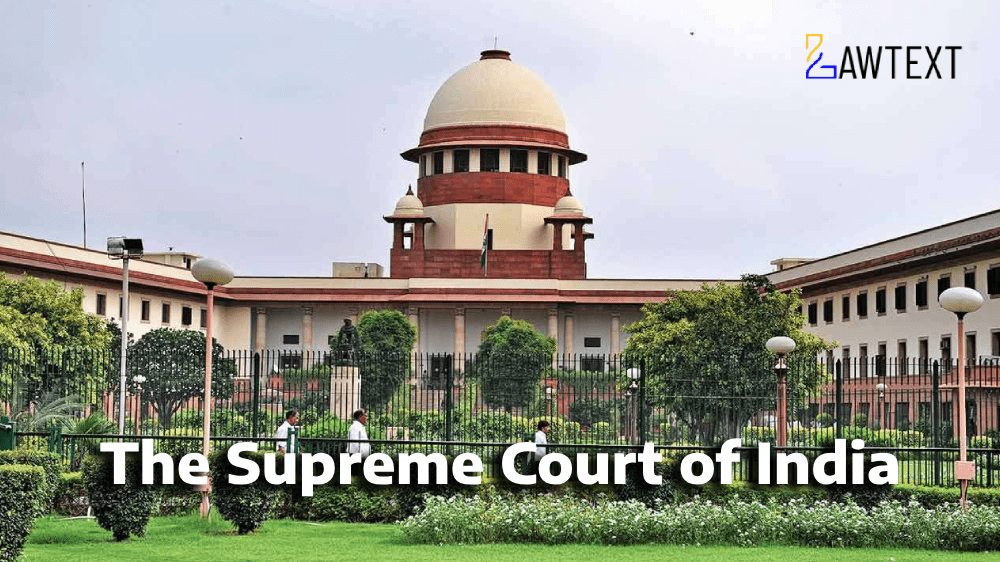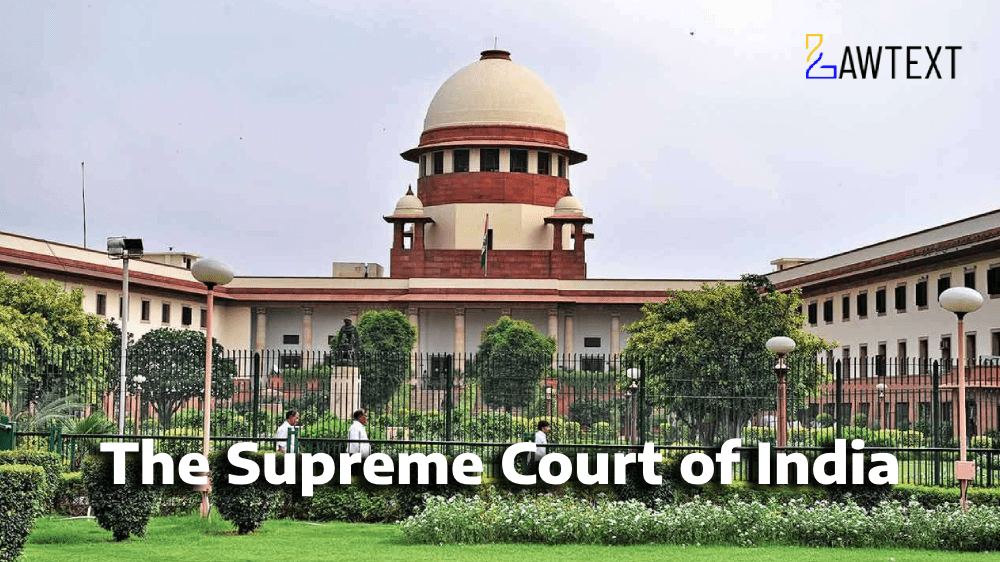Case Note & Summary
The Supreme Court set aside an Allahabad High Court order that quashed an FIR based on a settlement agreement between the accused and the principal victim, excluding the injured complainant. The Court held that in cases involving non-compoundable offenses, the quashing of criminal proceedings must consider all victims, especially those not part of the settlement. The appeal was allowed, and the case was restored for trial.
Context: The appeal arose from an order of the Allahabad High Court, which quashed criminal proceedings under Section 482 CrPC based on a settlement agreement excluding the injured complainant.
Complainant's Exclusion: The complainant, who was injured in the incident and lodged the FIR, was not part of the settlement. The High Court failed to account for his rights.
Supreme Court's Decision: The Court ruled that serious, non-compoundable offenses like abduction cannot be quashed based solely on private settlements, particularly when key victims are not involved.
1. Appeal Arising from Quashing (Para 2)The appeal was filed against the Allahabad High Court's order quashing an FIR based on a settlement agreement under Section 482 CrPC.
2. FIR and Chargesheet (Para 3–4)An FIR was lodged in 1999 against the accused for offenses under IPC Sections 364, 147, 148, 149, and 323. A chargesheet was subsequently filed.
3. High Court Dismissal (Para 5)The accused's attempts to quash the chargesheet were initially dismissed by the High Court in 2010.
4. Settlement Agreement (Para 6–7)In 2022, the accused presented a settlement agreement with Respondent No. 5, the principal victim, but the trial court rejected it as non-compoundable offenses were involved.
5. Quashing by High Court (Para 8)Despite the trial court's rejection, the High Court quashed the proceedings based on the settlement agreement.
6. Appellant’s Argument (Para 9)The appellant argued that he was an injured victim and was not part of the settlement agreement, and the High Court had erred in quashing the case.
7. Respondents' Defense (Para 10)The accused argued that the settlement with the principal victim justified the quashing of the FIR.
8. Supreme Court’s Analysis (Para 11)The Supreme Court reiterated the principles from Gian Singh v. State of Punjab concerning the quashing of non-compoundable offenses and held that the High Court had overstepped its authority.
9. Conclusion and Directions (Para 12–14)The appeal was allowed, the High Court's order was set aside, and the case was restored for trial with directions for an expeditious hearing.
Acts and Sections Discussed: Section 482 of the Code of Criminal Procedure, 1973 (CrPC): Powers of High Courts to quash criminal proceedings to prevent abuse of process or secure justice. Indian Penal Code, 1860 (IPC): Section 147: Punishment for rioting. Section 148: Rioting, armed with a deadly weapon. Section 149: Liability for offenses committed by unlawful assembly. Section 323: Punishment for voluntarily causing hurt. Section 364: Kidnapping or abducting with intent to murder. Ratio Decidendi:The power to quash criminal proceedings under Section 482 CrPC must be exercised judiciously, particularly in cases involving non-compoundable offenses. When an injured victim who is the complainant is not part of a settlement, quashing the FIR or proceedings based solely on a private settlement agreement between other parties undermines justice. Serious offenses, especially those with societal impact, cannot be resolved through private settlements alone.
Subjects:Criminal Procedure—Quashing of FIR—Settlement Agreements in Non-compoundable Offenses—Victim’s Rights
Criminal Law, FIR Quashing, Settlement Agreement, Non-compoundable Offenses, Indian Penal Code, Section 482 CrPC, Victim's Rights, Judicial Powers.
Issue of Consideration: ANIL MISHRA VERSUS STATE OF U.P. & ORS.
Premium Content
The Issue of Consideration is only available to subscribed members.
Subscribe Now to access critical case issues





